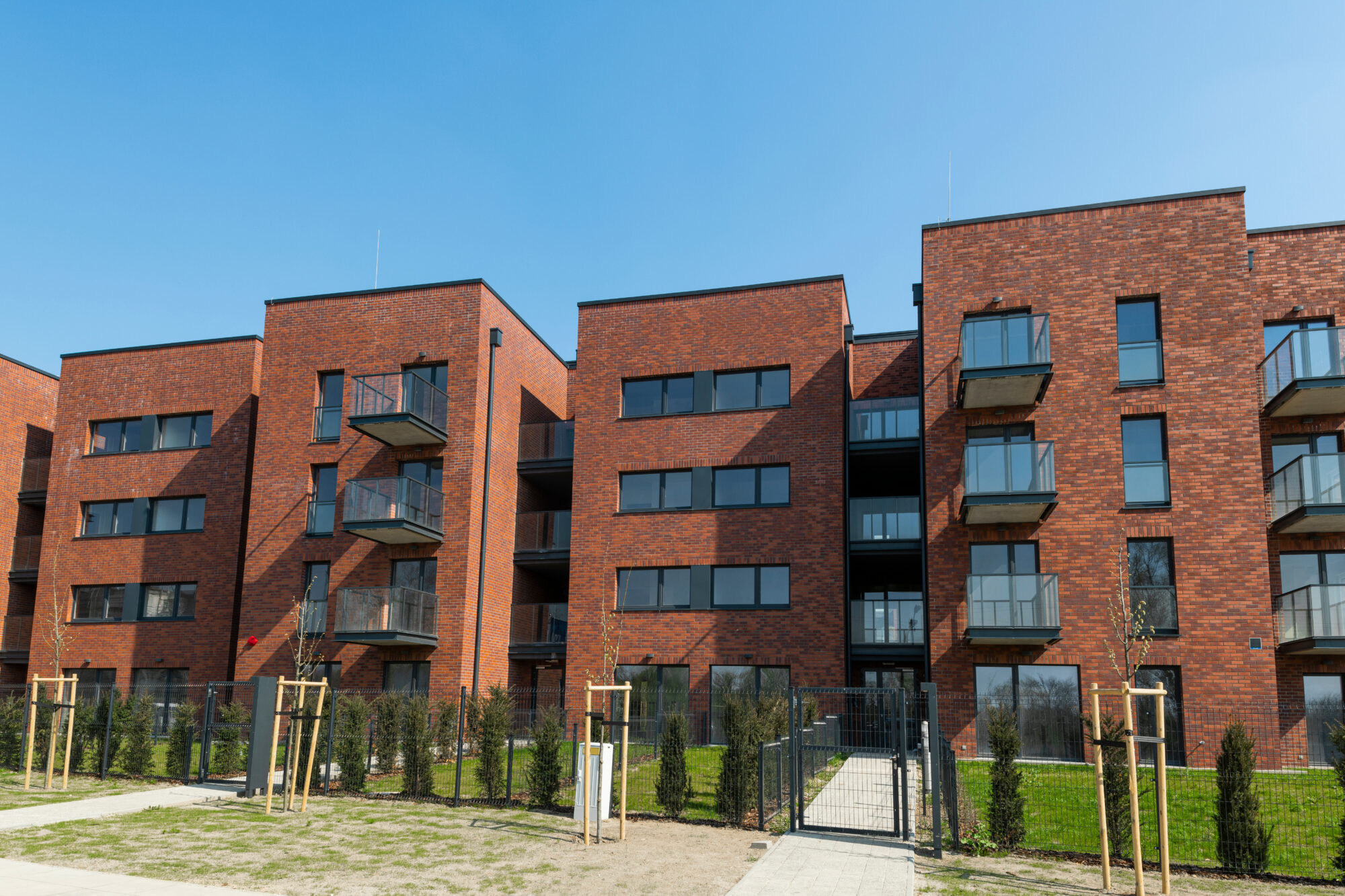A Court of Appeal case on 22 November 2021 has provided helpful clarification on costs recovery when pursuing a leaseholder in breach of their lease.
The Kensquare Limited v Boakye Court of Appeal case tackled three key points:
- Firstly, is time of the essence when it comes to serving interim service charge demands?
- Secondly, could the freeholder recover the costs of previous litigation through the provisions in the lease?
- And, thirdly, could these litigation costs be put through the service charge?
Kensquare, the freeholder, were successful on arguably the most important point – that of costs recovery – whilst the leaseholder, Ms Boakye succeeded on points 1 and 3. Brady Solicitors’ service charge litigation specialists explain the case and what it means for managing agents, RMC directors, and freeholders.
Background to the Kensquare v Boakye case
Ms Boakye held a 125-year lease in a development owned by Kensquare Limited. She had not paid her service charge for several years, so Kensquare appealed to the FTT in July 2017 for a determination that the service charges for 2011 to 2017 were payable.
This is of course in line with the s146 procedure that prohibits a freeholder from bringing possession hearings against a leaseholder without a determination from the FTT (or an admission from the leaseholder) that the service charges are payable.
In 2019, Kensquare issued a set of interim service charge demands, which were unpaid. Kensquare went to the FTT again to secure a determination for payment of these interim demands, plus the costs from the 2017 litigation proceedings.
Crucially however, the interim service charge demand was late. The lease set out that any revisions to the £360 amount had to be made “not less than one month prior to the commencement of that financial year”.
The demand was sent five months late, in August 2019, for a service charge year that had ended in April 2019.
The FTT found that the interim service charges did not comply with the lease and so were not payable.
Kensquare challenged the decision in the Upper Tribunal, where the judge overturned the FTT ruling, finding that time was NOT of the essence when it comes to interim service charge demands.
And so we end up in the Court of Appeal, where the judge held that time is indeed of the essence, and that the interim service charge demand should have been made in accordance with the lease.
As such, the freeholder must now re-issue the demand as an end-of-year balancing payment. Not a huge deal in the long run you could argue, but equally not helpful for cashflow – particularly when funds are already tight.
Onto the costs point, which had the potential to be more problematic.
Ms Boakye’s lease obliged her to pay: “all costs charges and expenses (including Solicitors’ costs and Surveyors’ fees) incurred by the Lessor for the purpose of or incidental to the preparation and service of a Notice under Section 146 of the Law of Property Act 1925 notwithstanding forfeiture may be avoided…”.
She contended that as her lease was written in 1982, the provisions didn’t apply as her lease predated the 1996 laws that required a determination to be sought before issuing a S146 notice.
As such, she argued that she was not liable to pay any of the costs of the FTT proceedings in 2017.
The judge however held that the costs clause was wide enough to apply to the FTT action that Kensquare had no choice but to bring:
“[The landlord] had no choice but to bring [the 2017 proceedings] if it wished to serve a section 146 notice. It is true that, at the date of the lease, a landlord did not need to make an application to the FTT (or any other Tribunal or Court) before serving a section 146 notice. That requirement arrived years later… That does not matter, however. The parties to the lease agreed that the tenant should bear costs incurred for the purpose of the service of a section 146 notice, and the costs which Kensquare incurred in the 2017 FTT proceedings fit that description.”
The Court of Appeal found that the costs of the previous litigation were recoverable.
And could the costs be put through the service charge?
On this point, the Court of Appeal held that the costs could not be put through the service charge and that instead they should be recovered through an administration charge levied on Ms Boakye.
The service charge provisions in the lease entitled Kensquare to recover by way of service charge “[the] cost of employing such professional advisers and agents as shall be reasonably required in connection with the management of the Building”. The judge held that this clause was not wide enough to cover the litigation costs incurred both in current and the 2017 FTT proceedings.
The lease would have had to contain something express about legal proceedings to allow legal costs to be recovered through the service charge.
Interpreting the lease
The Court of Appeal focused on the natural wording of the clauses in the lease, and referenced the principle established in Arnold v Britton (2015) where LJ Neuberger stated that “The purpose of interpretation is to identify what the parties have agreed, not what the court thinks they should have agreed.”
Our view on this important case
It is helpful to have clarification that the costs of proceedings in s146 situations can be recovered.
This is a sensible and pragmatic view by the Court of Appeal that recognises that a lease – whether drafted for 99, 125 or 999 years – must allow for changes in the law and legal procedures.
It is also a reminder that leases must be interpreted on their wording and context, as with any other legal contract. Equally, comparing one lease to another is not necessarily helpful as they each turn on their own facts and wording.
On the time factor for interim service charge demands, again this comes down to understanding and complying with the lease. A late interim demand could cause a significant cash flow hole if payment can then not be demanded until the end of the service charge year.
For expert advice on interpreting a long residential lease or on any legal property management matter, please do get in touch.
"*" indicates required fields




